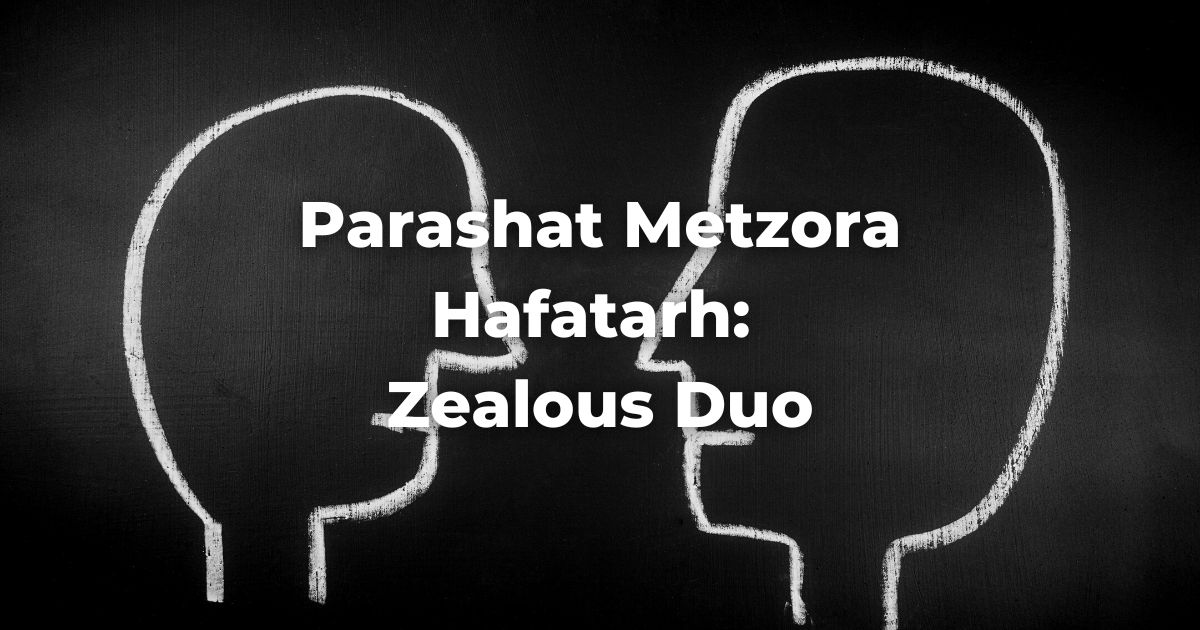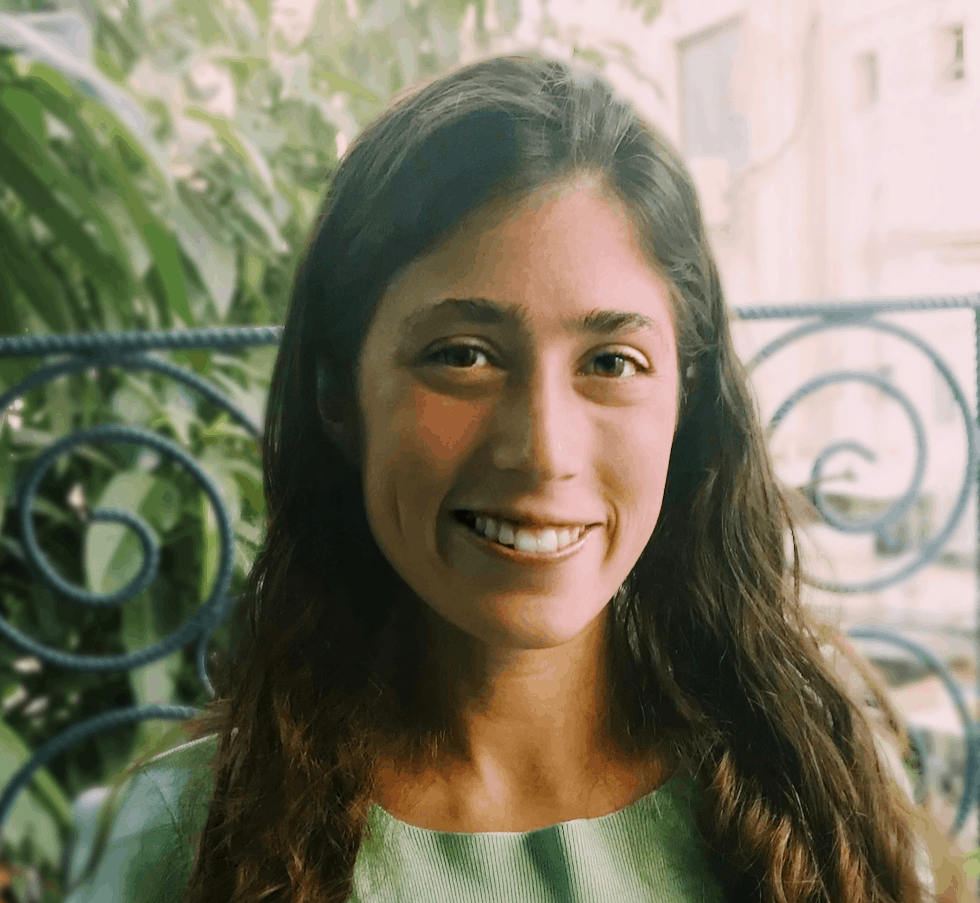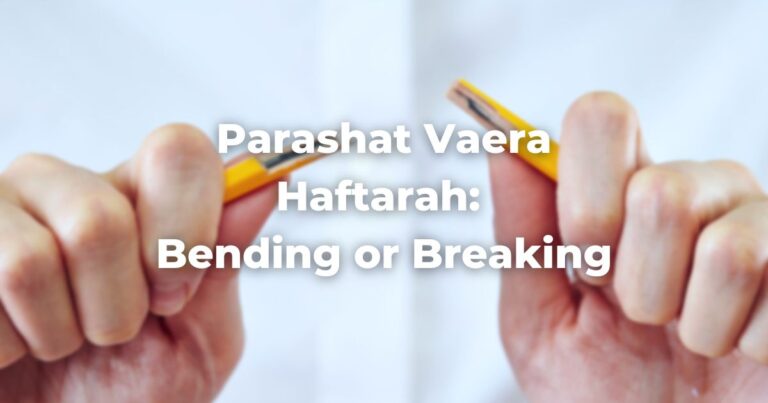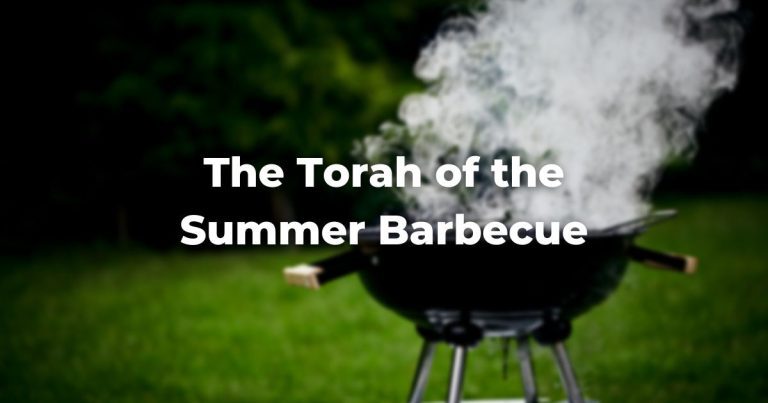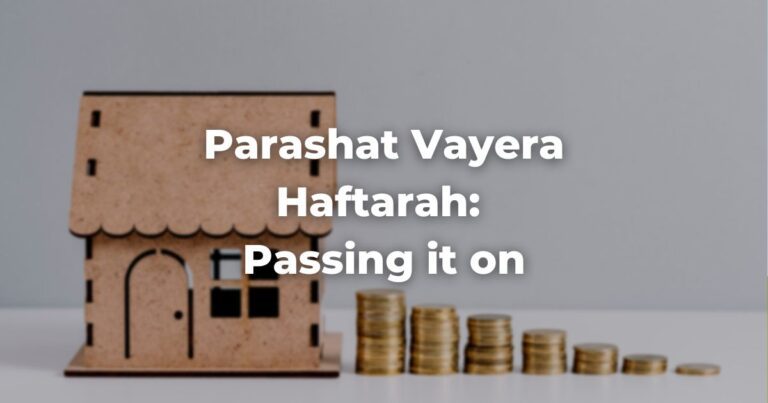Pesach is powerful in its use of narrative.
Preparing for Pesach
We tell a story of our past in order to prepare for our future. We relive what has happened so that it might not happen again. This final Shabbat before Pesach, Shabbat HaGadol, our haftarah positions us exactly in the use of the past to prepare for the future by juxtaposing Moses with the future coming of Elijah.
This portion is the final chapter of the final book of the trei asar (the twelve minor prophets) as well as the ending of the entire second section of the TanakhAn acronym for the name of the Hebrew Bible: Torah, Neviim, and Ketuvim. Read more, the prophets. The TorahRefers to the first five books of the Hebrew Bible, the Tanakh, also called the Five Books of Moses, Pentateuch or the Hebrew equivalent, Humash. This is also called the Written Torah. The term may also refer to teachings that expound on Jewish tradition. Read more, the first section of the Tanakh, ended with the memory of Moses. Here in the second section, we recall Moses while looking forward to Elijah.
The final verses of the haftarah, as translated by Robert Alter, read: “Recall the teaching of Moses My servant that I charged him on Horeb, for all Israel, statutes and laws. Look, I am about to send to you Elijah the prophet before the coming of the day of the LORD, great and fearsome. And he shall bring fathers’ hearts back to sons and the sons’ hearts to their fathers—lest I come and strike the land with utter destruction.”
Learning from Moses and Elijah, a zealous duo
We are instructed to remember the Torah of Moses.
While elsewhere the Tanakh often refers to the Torah of Moses, it is always to shomer it, to observe or keep it. Here, we are being charged with the act of remembering, of telling the story. As the narrative of the Tanakh concludes, we are being called to start the story over again.
Malachi then jumps to Elijah.
We have met Elijah before, back in the book of Kings. He was a pious prophet who was taken up to the heavens in a fiery whirlwind. Because we are told of his disappearance but not his death, Malachi begins to develop a theology of Eliah appearing before the coming of the day of the Lord.
It is a theology that continues to grow in post-biblical texts such that we now make room for Elijah at our Pesach seder.
Elijah and Moses are similar.
In fact, Elijah seems to style himself after Moses—encountering God on Mount Horeb, controlling the nation’s access to water, crossing over rivers or seas. By posing Elijah as someone who still can come, the haftarah gives us access to the Moses who used to be.
The call to remember Moses is justified and explained.
We are not only retelling the story, we will also be forced to relive it unless we are able to make peace between the generations.
This final line of the haftarah is subject to endless interpretations.
If we read it as a reconciliation of Moses with Elijah, of the forefathers with us today, we allow ourselves to learn from what was and bring about a better future. Elijah, having once failed to live up to Moses, is allowed to return and try again.
And we the people, having failed to listen to Moses and to Elijah the first time, can learn from the telling of the story and the threat of destruction, rather than from destruction itself.
See more: Parashat Metzora
Originally posted as part of the Conservative Yeshiva at the Fuchsberg Jerusalem Center’s Torah Sparks. Support Torah learning from the Fuchsberg Jerusalem Center/Conservative Yeshiva for leaders and seekers around the world here
Authors
-

Bex Stern Rosenblatt is the Conservative Yeshiva’s Faculty-in-Residence for the Mid-Atlantic Region of the United States, teaching Tanach, using the techniques of close-reading, theater, feminist readings, and traditional commentators. Bex also directs the CY’s recruitment efforts in North America. After finishing her B.A. in History and German at Williams College, Bex received a Fulbright Grant to Austria. She later earned an M.A. in Tanakh from Bar Ilan University and has also studied at the Conservative Yeshiva and Bina Jerusalem. Bex is the founder of HavrutaA study partner. A hevruta is more than just a ‘study buddy’ it is a serious and personal relationship between colleagues. Also spelled: Havruta Read more Tel Aviv, an organization that facilitates guided pair-learning of the Tanakh.
View all posts -



The Fuchsberg Jerusalem Center (FJC) is a home in the heart of Jerusalem where leaders and seekers can find an authentic place in Jewish tradition to call their own. FJC offers opportunities to study, pray and explore within an egalitarian and inclusive setting, creating multiple pathways for finding personal and communal meaning.
View all posts

